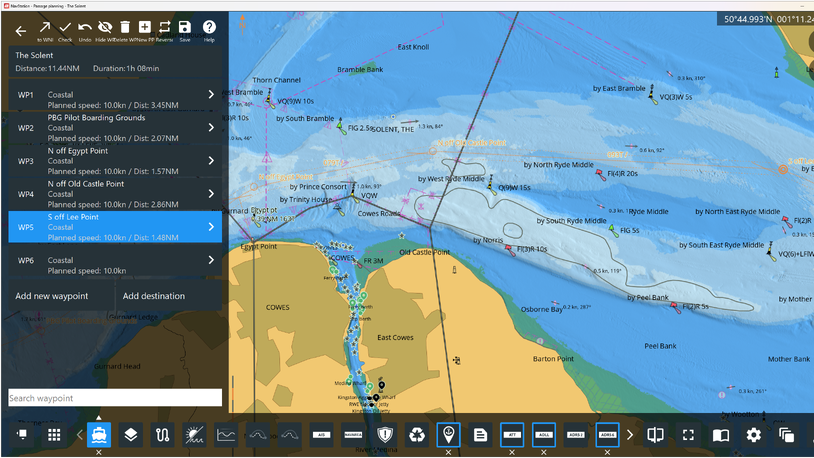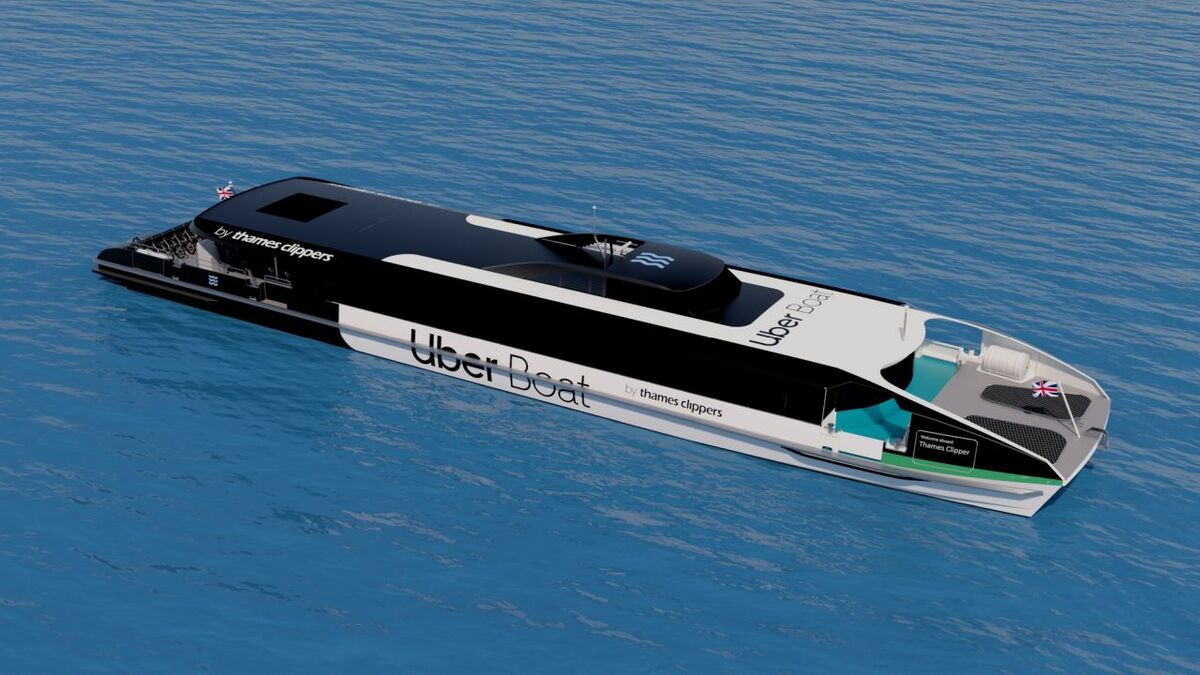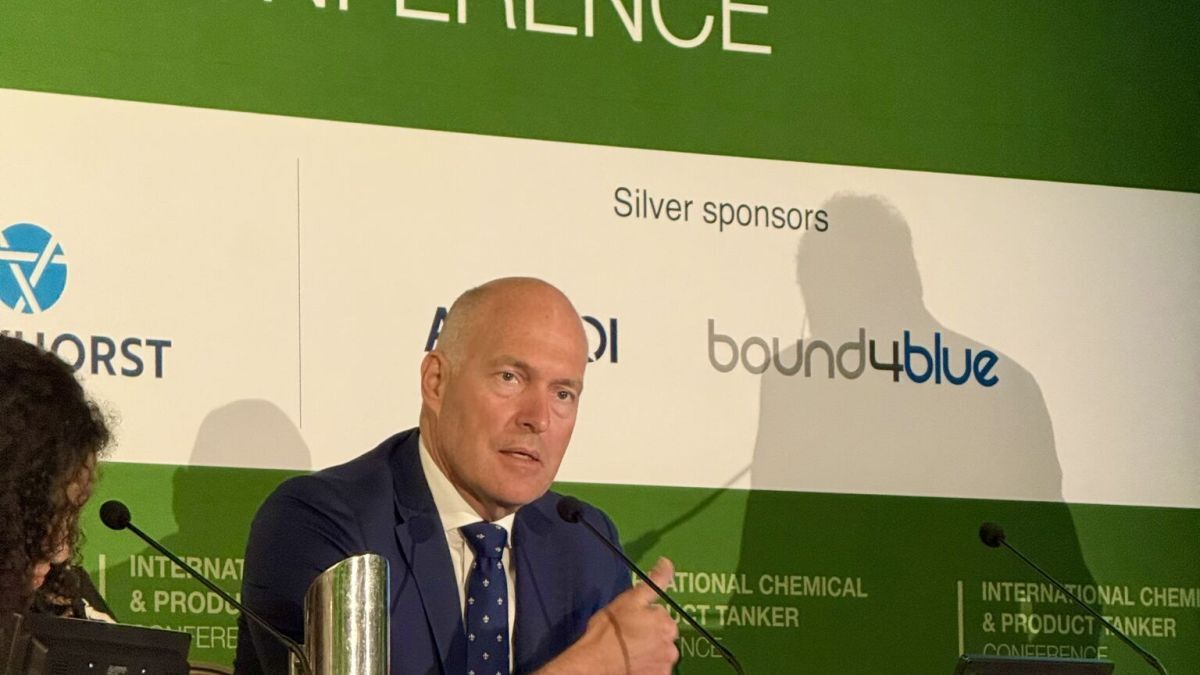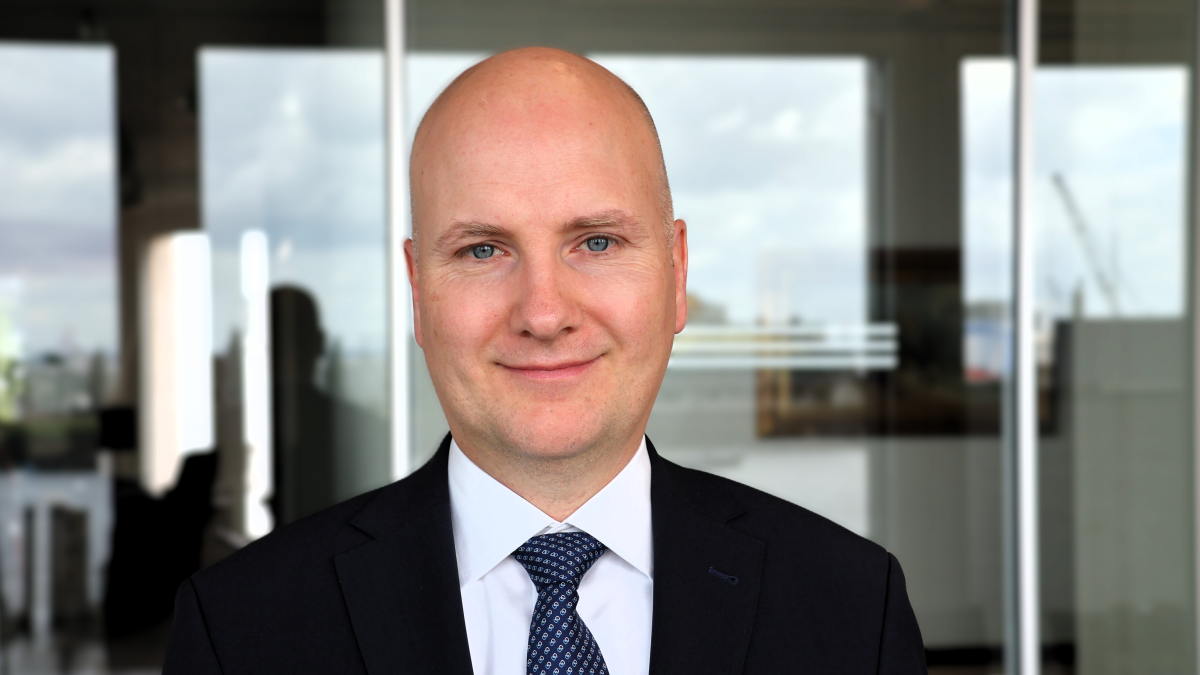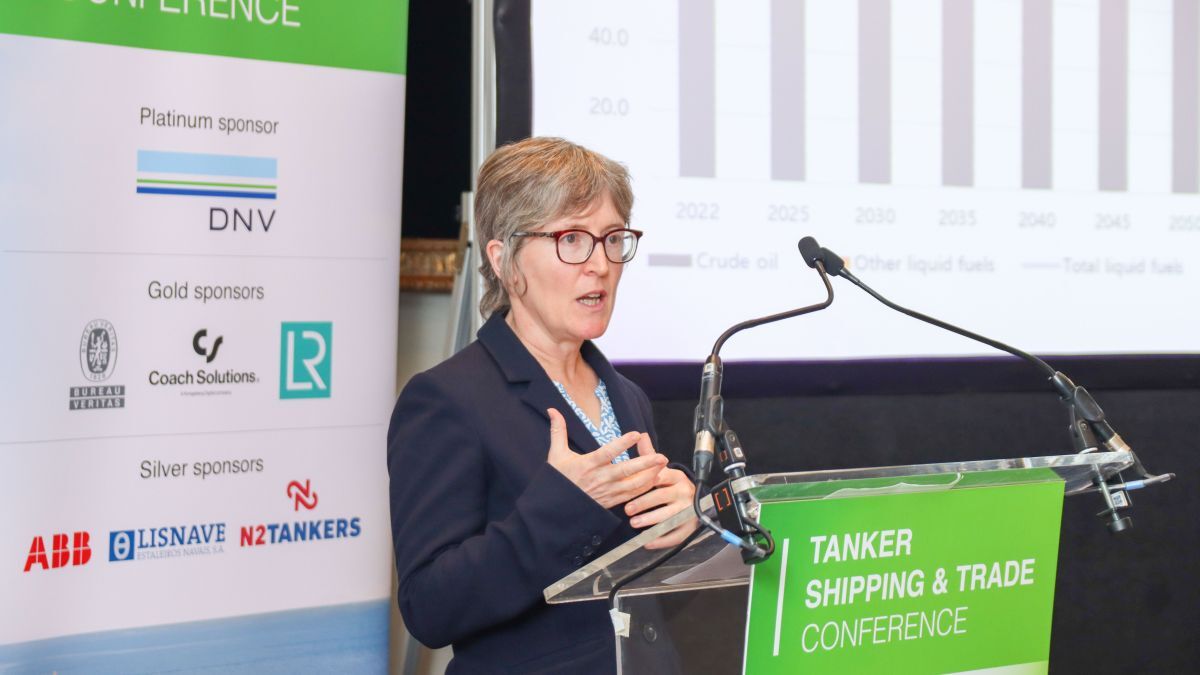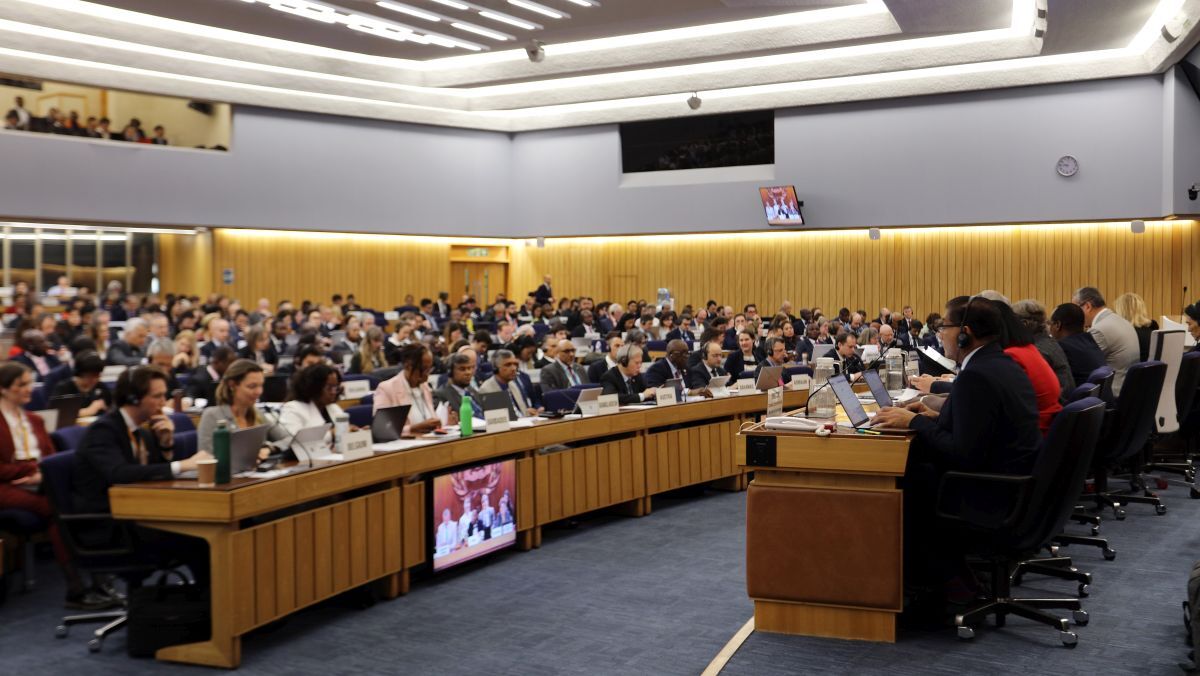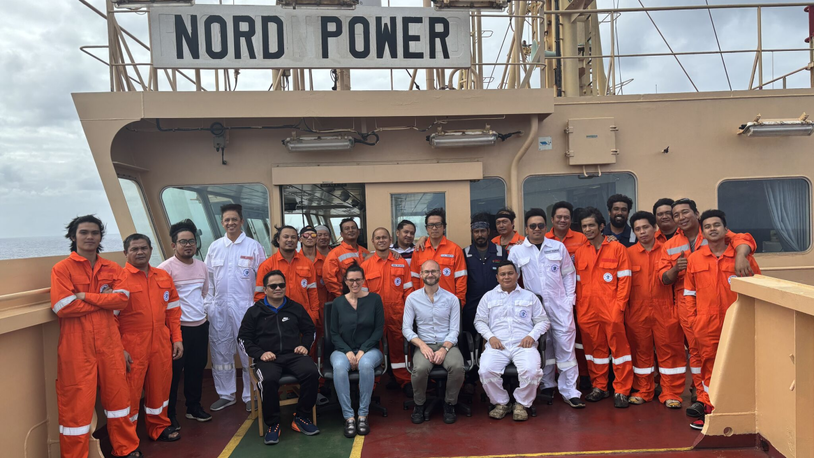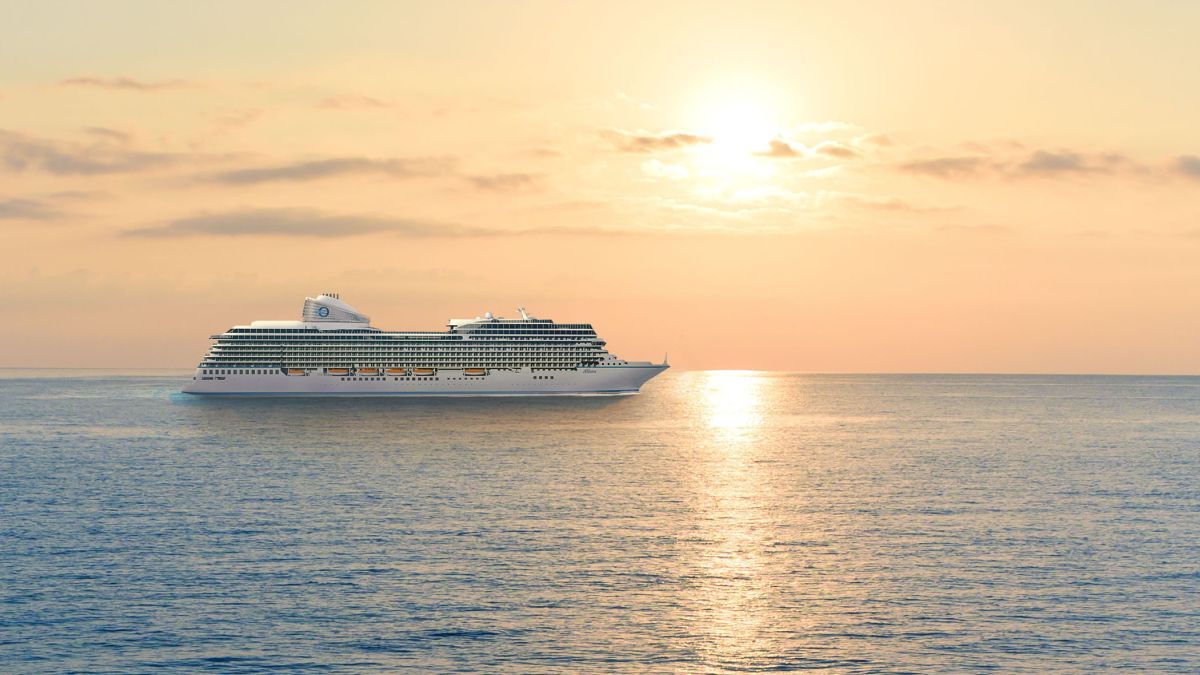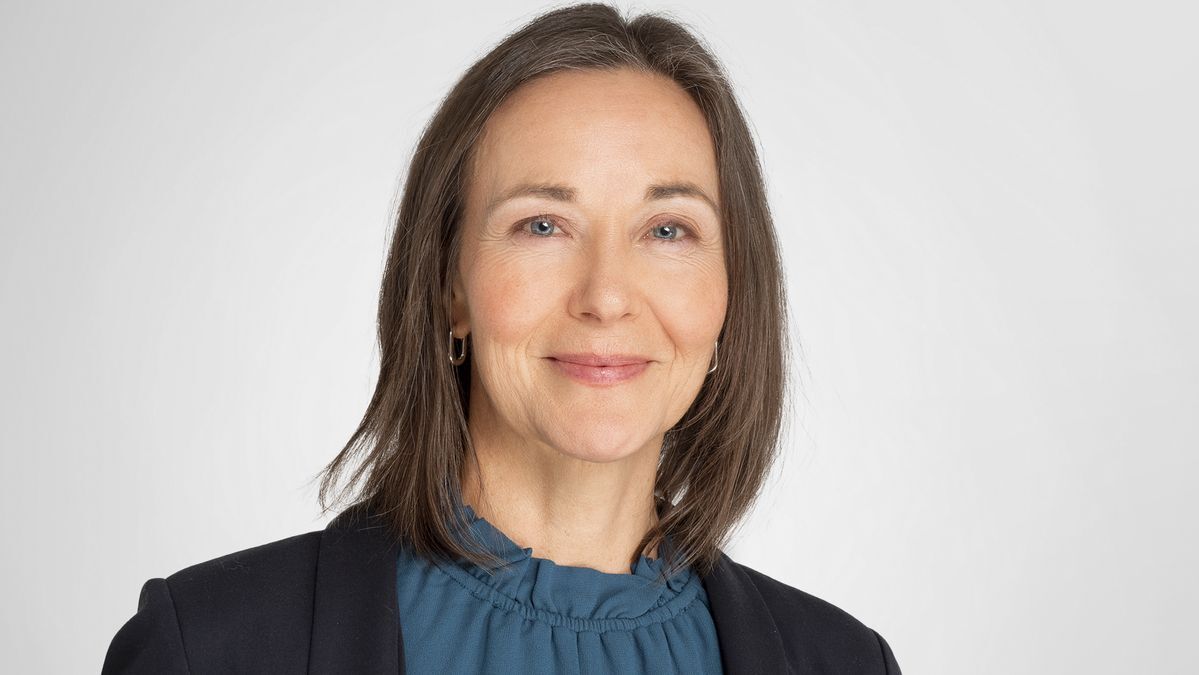Business Sectors
Events
Contents
Register to read more articles.
Uber Boat by Thames Clippers building UK’s first hybrid high-speed passenger ferries
Being built at Wight Shipyard on the Isle of Wight, the ferries are set to launch in London in 2022 and 2023
The hybrid design will allow the new vessels to operate solely on battery power while transporting commuters and sightseers through the capital and will recharge while using biofuel power outside of central London. The technology is not reliant on shore-based charging; the new boats will use excess power from the biofuel engines to recharge their batteries for the central London stretch.
“After the challenges of the last two years that Covid has set upon businesses, in particular in the transport sector, I’m extremely excited to be increasing our capacity to meet the demands of our customers and partners,” said Uber Boat by Thames Clippers’ co-founder and chief executive Sean Collins. “This development in technology has enabled us to take the first major steps to meet our future environmental vision.
“For over 20 years we have been at the forefront of innovation for the river marine sector. We are committed to supporting the sustainable growth, infrastructure and economic development on and around the river to endorse the river’s importance to London as a form of transport.
“As a business, we are continuing to embrace the emerging technological advances that will see us continue to develop our fleet and infrastructure, thereby supporting a sustainable future in our industry.”
Uber Boat by Thames Clippers is committed to achieving net zero with all newbuilds by 2025 and for its wider fleet, infrastructure and environmental footprint by 2040.
Mr Collins continued, “We’re looking ahead with this hybrid design, ensuring easy conversion to green hydrogen or another renewable energy source – something we’re also focusing heavily on with the new projects we’re undertaking thanks to recent DfT funding. It is the next step in our strategy to net zero and, ultimately, tailpipe zero.”
This announcement comes on the heels of Uber Boat by Thames Clippers’ hire of a new health, safety, environment and quality manager Gilmark D Mello. Work is also underway on three green marine feasibility projects funded by the Department for Transport, the outcomes of which are due in 2022 and should further help inform the business on its route to net zero
It is also supported by findings from the EU Horizon 2020 TrAM project to develop fully electric, zero-emissions, high-speed passenger ferries, a project in which Uber Boat by Thames is involved and has influenced the specification of the new vessels for London.
Related to this Story
Women in Maritime Today: Elin Saltkjel says no day working in maritime is dull
Events
Maritime Environmental Protection Webinar Week
Cyber & Vessel Security Webinar Week
The illusion of safety: what we're getting wrong about crews, tech, and fatigue
Responsible Ship Recycling Forum 2025
© 2024 Riviera Maritime Media Ltd.

